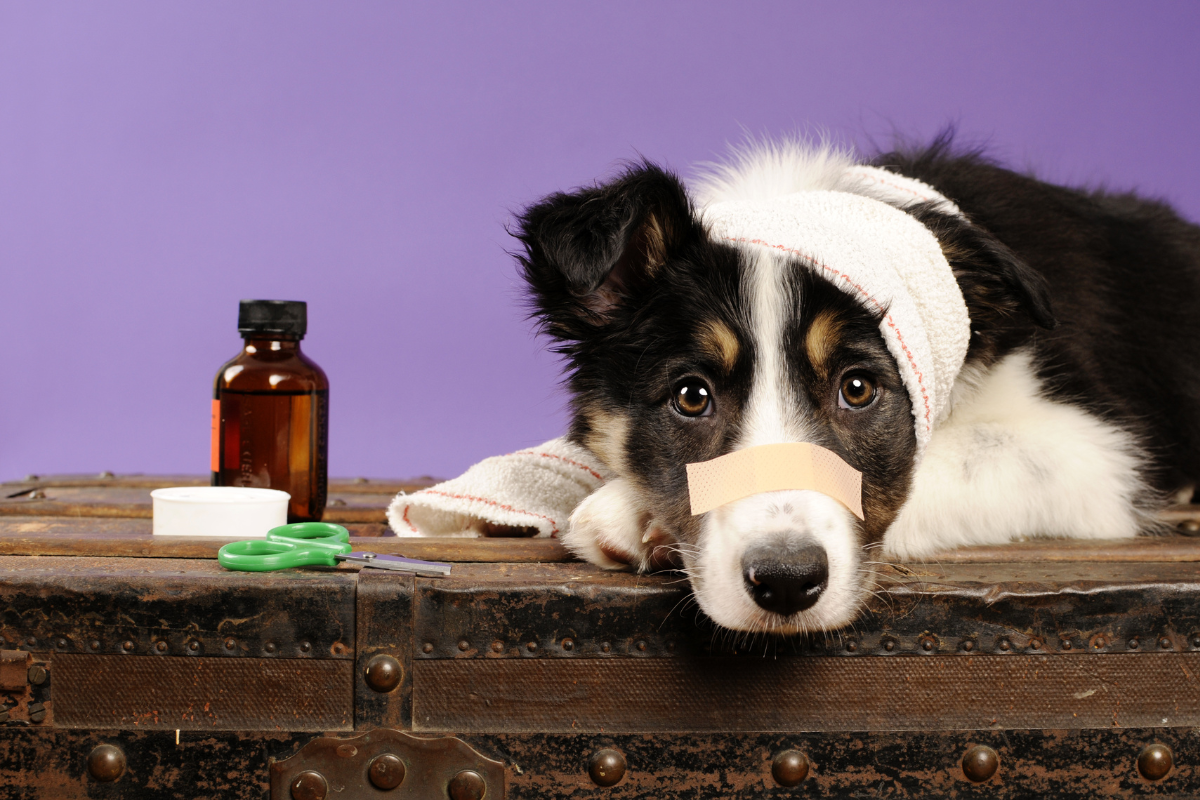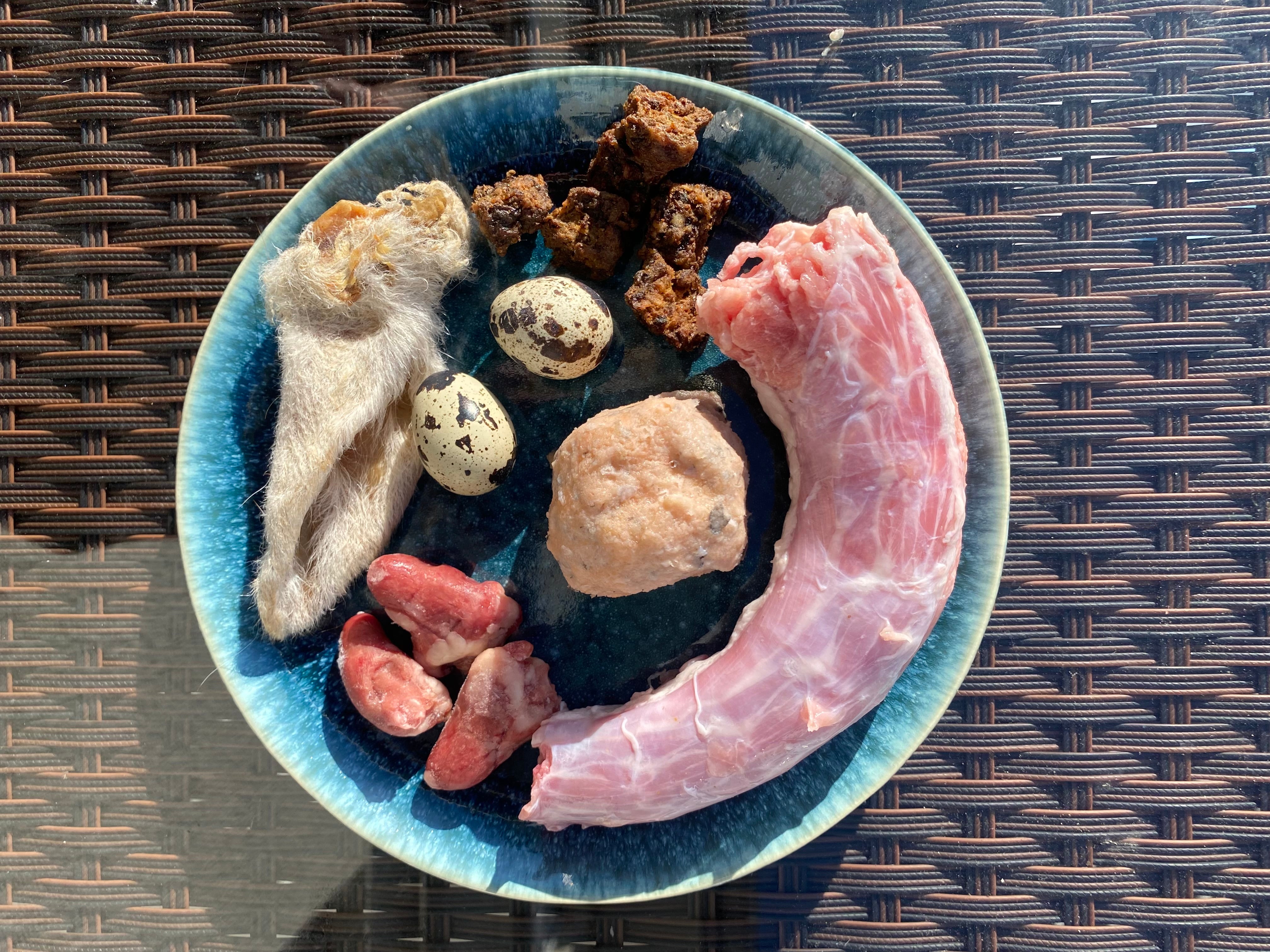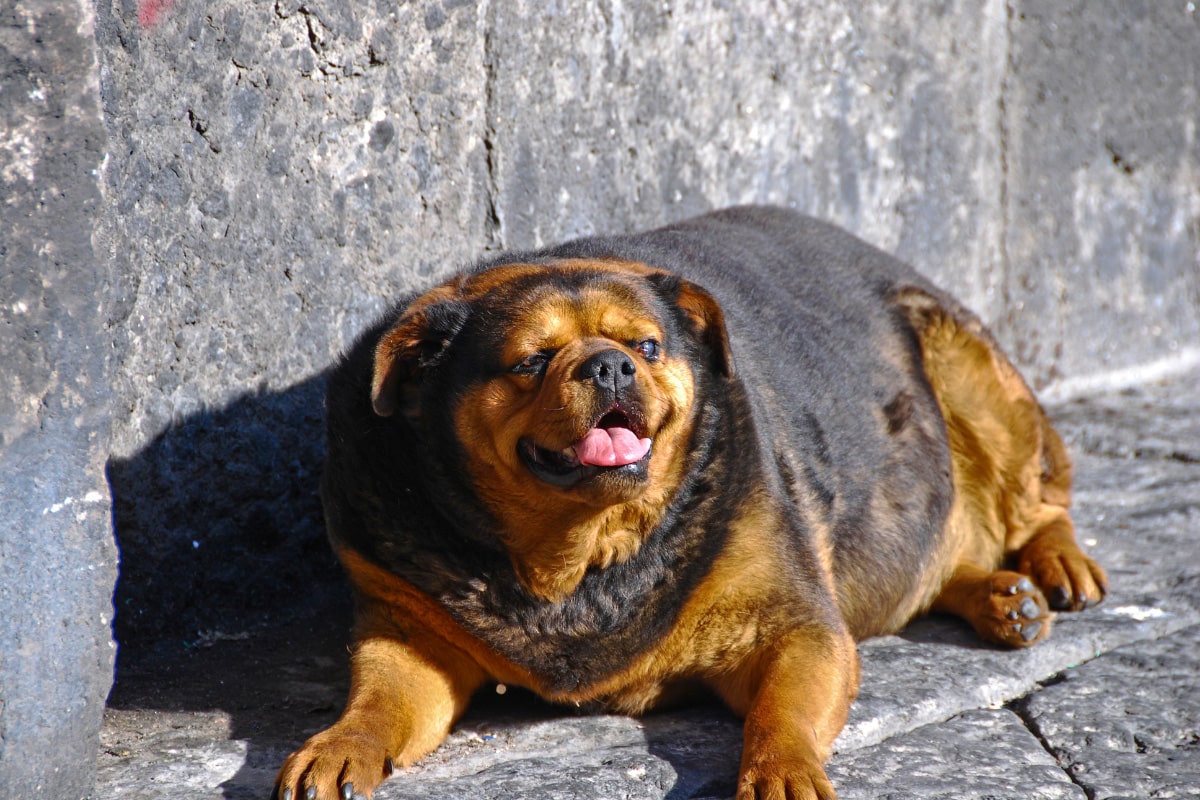
Why healing the gut means healing your Pet!
Many chronic issues in dogs and cats - from skin flare-ups to joint pain and food intolerances - can be traced back to a compromised gut barrier. Known as “leaky gut syndrome,” this condition is more than a buzzword.
It is increasingly common and often misunderstood.
What is Leaky Gut?
Leaky gut occurs when the intestinal lining, which normally acts as a tightly controlled barrier, becomes damaged. This lining is supposed to selectively allow nutrients and small particles into the bloodstream. But when the tight junctions between cells are compromised, larger particles such as undigested proteins, toxins, yeast, and bacteria leak through.
This triggers a powerful immune response and can result in systemic inflammation, autoimmune issues, and a variety of health symptoms often misdiagnosed and medicated without addressing the root cause.
How Leaky Gut Affects Your Pet’s Health
Food Intolerances and Allergies
Undigested proteins that cross through a compromised gut lining into the bloodstream are identified as intruders by the immune system and attacked - this is what the immune system is supposed to do. But if the gut lining is not healed more and more undigested protein will enter the bloodstream. This will call for constant reactions of the immune system resulting in chronic inflammation.
At the same time the immune system learns to identify intruders such as viruses by their protein structure. So if your pet is eating chicken and has inflammatory issues, the chicken protein might get into the bloodstream and after some time the immune system will learn that chicken protein is an intruder when its actually not - it just got into the wrong place.
This will then be called an allergy rather than finding the root cause for the reaction and healing the gut.
Skin Inflammation and Hotspots
The skin is the largest detox organ in the body. When the liver and kidneys are overwhelmed, the skin takes on the burden.
This is why so many pets with leaky gut present with itching, redness, hotspots, or discharge around ears, paws, and eyes. These are not always dermatological issues, they are symptoms of internal toxicity trying to find a way out.
Joint Issues and Arthritis
Inflammation from a leaky gut doesn’t stay in the gut. Pro-inflammatory cytokines can circulate and settle in connective tissue and joints, leading to early-onset arthritis or hip issues, especially in breeds already prone to musculoskeletal problems. The damage can worsen over time if inflammatory triggers aren’t removed.
Most cases of leaky gut can be traced to one or more of the following:
-
Highly processed diets (kibble, commercial treats, filler-based foods)
-
Excessive carbohydrates and simple starches (rice, wheat, lentils, peas)
-
Lack of omega-3 fats and minerals
-
Antibiotic overuse
-
Chemical dewormers and flea treatments
-
Over-vaccination or environmental toxins
Here is the good news: Leaky gut is reversible. The key is to remove triggers, restore balance, and rebuild the gut lining.
Dietary Interventions That Work
-
Eliminate inflammatory foods as much as possible: This includes grains, legumes, commercial kibble, and synthetic additives. These feed yeast and bacteria and worsen gut permeability.
-
Introduce species-appropriate real food:
-
Whole fish and shellfish for active omega-3s and selenium.
-
Organ meats like liver and kidney for bioavailable vitamins and minerals.
-
Bone broth or edible bones to supply collagen, gelatin, glycine, and minerals that help restore gut lining integrity.
-
-
Use soil-based probiotics: These spore-forming strains (e.g. Bacillus subtilis, Bacillus coagulans) survive the stomach and reach the colon intact, unlike most lactic-acid probiotics that die en route.
-
Add detoxifying herbs: Milk thistle, dandelion, kelp, and spirulina support liver function and bind toxins.
-
Replace starchy carbs with low-sugar, fiber-rich vegetables like pumpkin or carrots. These also act as gentle prebiotics.
Unfortunately, many conventional treatments offer temporary symptom relief, often through steroids or antibiotics, but do not address the underlying gut damage. Once medication is stopped, symptoms return, often more severe.
Healing the gut naturally may take time, but every real meal counts. Even as a topper or part of a mixed diet, whole, nutrient-dense, anti-inflammatory foods help shift the internal balance toward repair.


Leave a comment